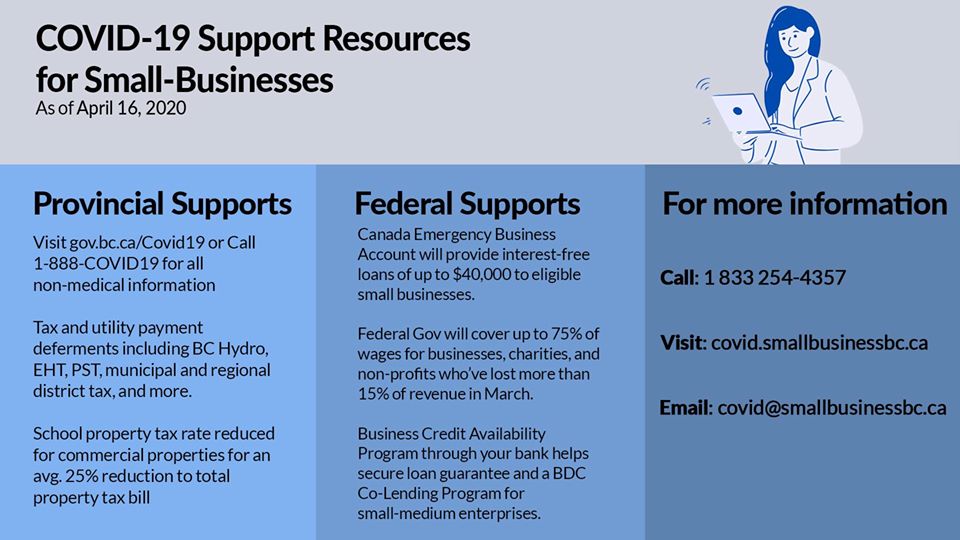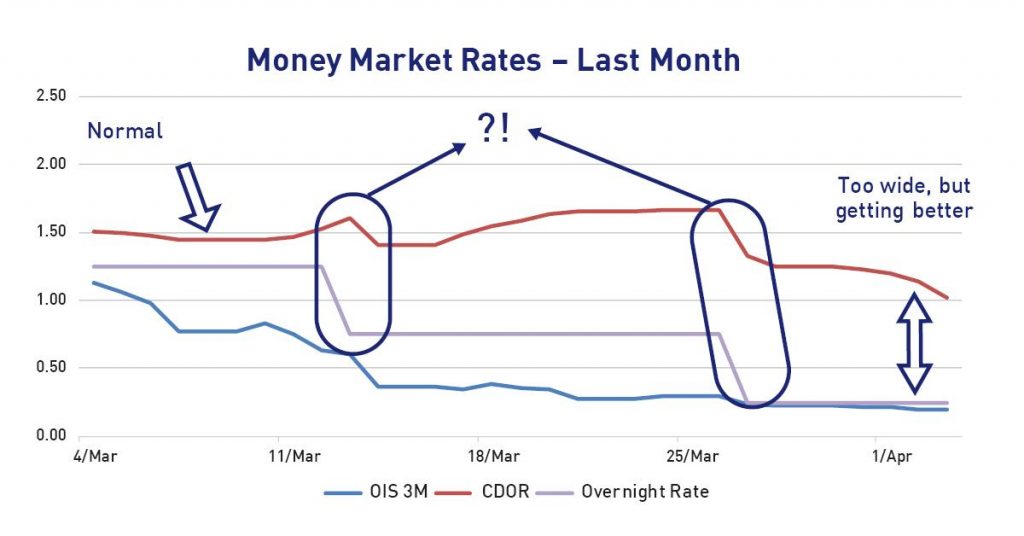As the battle against COVID-19 rages on, one of the sadder casualties of our shuttered and anxious economy has been the savings of older Canadians, most of whom do not have a defined benefit, defined contribution or any type of non-government pension to rely on in the best of times.
Now, faced with the same liquidity crunch that is flattening every layer of the economy, from out of work waitresses to the country’s largest banks, Canada’s 55-plus community requires – and deserves – a solution that protects the fruits of their labour.
This demographic needs cash flow to live on CPP and OAS was never enough, and with a reduction of their nest eggs it makes the problem worse. They are scared and have few choices or options. Then they watch their family members lose jobs or try to get by on reduced incomes and they, quite naturally, want to help. They need cash flow more than ever.
Their options, however, are limited. Most Canadians 55-plus don’t have the opportunity to drive income by working more. Credit cards or lines of credit are of little help for those on fixed incomes. Many have homes or equities they could, under normal circumstances, sell as a means of freeing up funds, However selling means they would have to leave there home, and rent with no appreciating asset to pull on at a later date, and make payments.
Collapsing an appreciating asset is never recommended when you want your money to last.
Homeowners are increasingly turning to reverse mortgages as a source of both interim and long-term retirement funding assistance, allowing them to pass on wealth to kids looking to buy a home for their growing families without making a mortgage payment or pulling out investment funds at a time when they are down.
Necessity has motivated many people to consider reverse mortgages and we have noticed a drastic increase in business inquiries around them.
A reverse mortgage can unlock the equity in a client’s home without increasing their tax burden or impacting their government benefits. At a time when most Canadians are seeking some form of payment relief, reverse mortgages provide them with a personalized deferral plan.
It can be in a lump sum, a monthly payment to the homeowner, or a combination of the two.
This can also be a helpful tool to use in divorce as spousal support is often a challenge to receive in changing markets and can cost thousands of dollars in legal fees generally not available when needed.
The biggest benefit and appeal of the product, besides being tax-free, is the fact that there are no payments required. The payments are deferred until the owner doesn’t live in the house full-time, it offers spousal protection in not having to re-qualify.
Some reverse mortgage lenders provide a written guarantee that ensures the customer will never owe more than the property is worth.
No Canadian homeowner should be forced to sit back and watch helplessly as circumstances beyond their control devour their savings and cast a long, dark shadow across their financial futures; they have worked too long and too hard. Reverse mortgages can help your clients come through the COVID-19 crisis stronger and more liquid, allowing them, in turn, to help those closest to them.
Angela Calla is a 16-year award-winning woman of influence mortgage expert. Alongside her team, passionately assisting mortgage holders get the best mortgage, and educating them on The Mortgage Show on CKNW for over a decade and through her best-selling book The Mortgage Code available on Amazon. To purchase the book click here: The Mortgage Code. Proceeds from all sales will be donated to Access Youth Outreach Services. Angela can be reached at callateam@dominionlending.ca or 604-802-3983.





